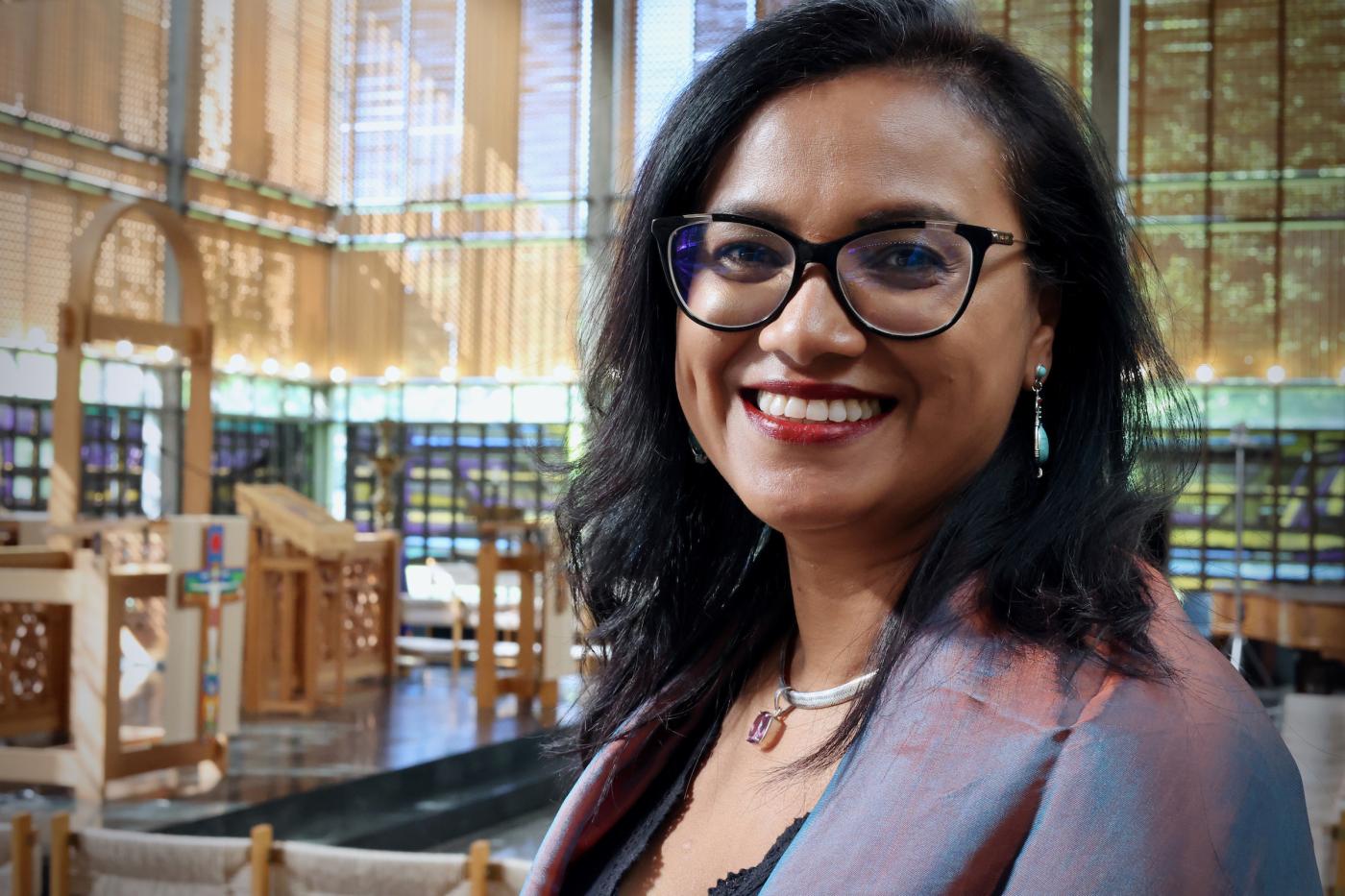How did you start your own path toward leadership?
Dr Nadar: My path towards leadership in the academic study of religion and social justice, was paved by a passion for critical feminist readings of sacred texts and the ways in which those texts offer a window to the past, but also a mirror for the present, so that contemporary challenges can be critically engaged with.
What were you hoping this gathering would achieve?
Dr Nadar: I dislike the word “empower” because it feels patronizing and paternalistic, but for me this meeting was important to create solidarity and sisterhood amongst women who are often thrown into leadership without the necessary tools to navigate the power and authority that comes with the position. I saw this often with university leadership where women who are often over-qualified gain positions of leadership, but need support for how to manage structures and systems that often seek to undermine their authority, by tokenising their leadership. The kinds of tools that women need to be able to navigate leadership are born out of solidarity and connection. This gathering was a space to critically reflect on what it means to be women leaders.
Did anything surprise you in this gathering?
Dr Nadar: It surprised and saddened me that we weren’t able to gather as many women church leaders from Africa as we wanted because of visa and access problems. I am disappointed that so many geographical borders, in addition to spiritual borders, are closed to Africa and yet remain open for Europeans, as response to Ukrainian refugees reveals. This shows the importance of an intersectional approach when considering women in leadership — the struggles go beyond gender, and include race, class, caste, and other such factors.
What’s your hope for after this gathering?
Dr Nadar: I hope of course that the women will be inspired by the lessons offered by those who are walking the path with them, and that networks of solidarity and connection would develop from this meeting. Practically, I am keen to work on a publication that would capture the insights and wisdom that emerged from the gathering. This is important because I think that’s a good way of getting knowledge out there, particularly for students. So, documenting the lived experiences of women church leaders, and critically reflecting on what it means to be church in spaces that may not be hospitable to women are significant steps in building a strong ecumenical feminist movement.
What one piece of advice you would give young women?
Dr Nadar: Equip yourself. I believe that knowledge is power. If you want to engage power and authority you need to equip yourself with knowledge. Don’t be ashamed of the knowledge that lives in your body. Equip yourself with book knowledge but also embodied knowledge.
African women church leaders: “Where is there justice today?”
Bishop Vicentia Kgabe: “It might sound cliché, but I had to learn to love God’s people”
Right Rev. Dr Emily Onyango has a message for young people: “God is on your side”
Education, ambition, independence: Mathilda Johnson shares hope for her sisters in Africa







